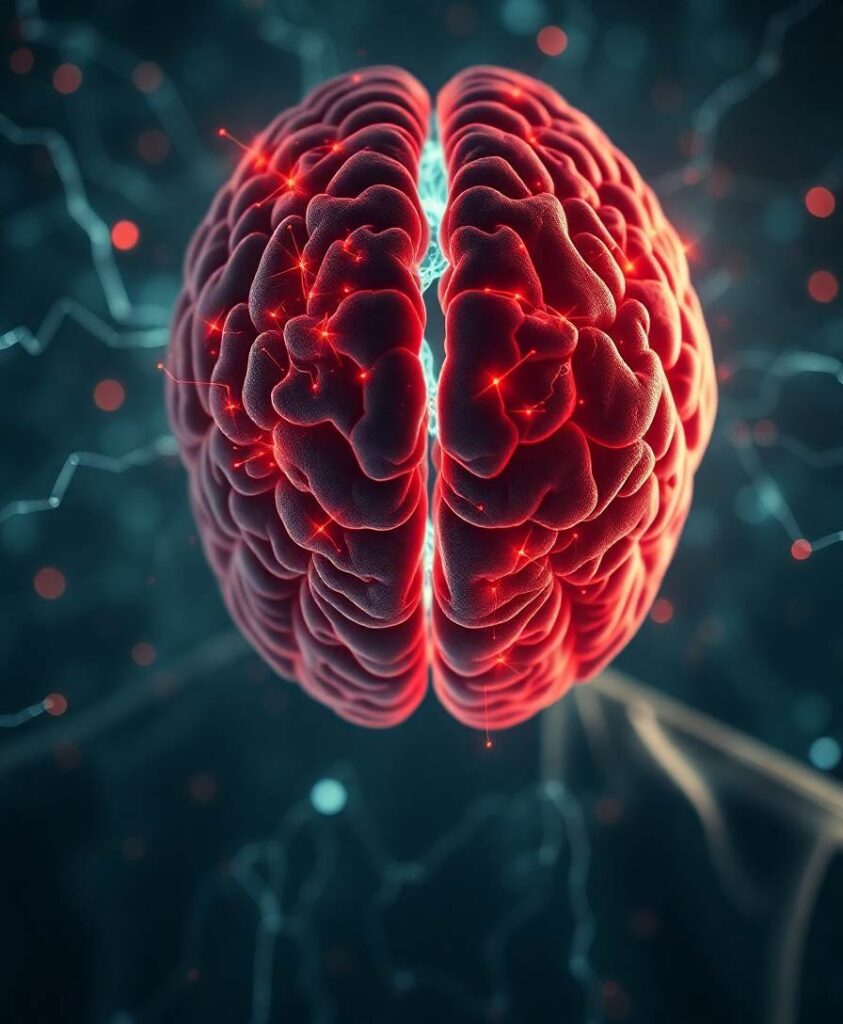IntroductionPeople accumulate knowledge throughout their lifespan and the accumulated knowledge influences how we encode and retrieve information in memory processing. This study aims to investigate the role of knowledge in associative memory across the adult lifespan, and specifically examines the effects of two material properties that interact with prior knowledge: congruency – whether the material is congruent with people’s prior knowledge, and ambiguity – whether the material is ambiguous to interpret based on prior knowledge.Method273 participants (aged 22–70 years old) completed an incidental memory task online. Participants were shown pictures depicting an object in a scene and judged if the object was likely or unlikely to be in the particular scene. Later, in the recognition test, participants were asked to identify if the exact picture was presented earlier. The pictures were manipulated to have varying levels of congruency, meaning that some depicted likely object–scene pairs and some unlikely. We also measured how different the likely/unlikely judgment for each object–scene pair was across all participants to determine the ambiguity level of the object–scene pair: some were more likely to receive diverse responses across people, whereas others are unambiguously consistent (or inconsistent) with common knowledge shared by most people. We used mixed-effects logistic regressions to predict memory outcome for each trial as a function of age, age2, congruency/ambiguity, and their interactions.ResultsThe object–scene pairs perceived as congruent had higher hit rates than incongruent ones, as well as higher false alarm rates, especially in middle-aged and older people. Higher ambiguity was also related to both greater true and false memory, independent of age. Finally, the effect of ambiguity only emerged when the object–scene pair was perceived incongruent.DiscussionThe results suggest that people rely on prior knowledge to process new information and that this reliance improves hit responses, but also induces false memories particularly for middle-aged and older people, suggesting a double-edged role of knowledge in associative memory and its disproportionate influence on memory aging. Over-reliance on knowledge in older adults, which has been suspected in other cognitive processes, may be one of the mechanisms underlying associative memory decrease in aging.

